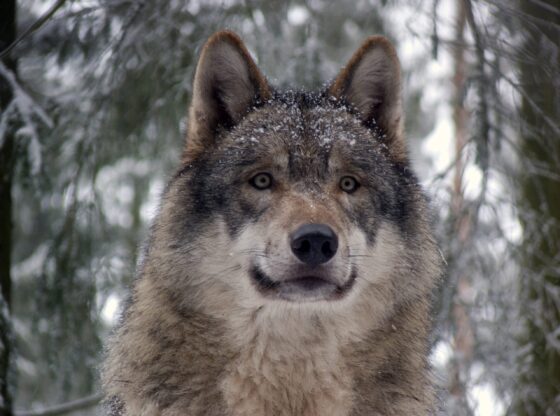The nation was recently shocked by a post from a Montana hunter who proudly displayed her most recent kill—a domestic husky. Though Amber Rose Barnes later sought to justify her actions by claiming that the dog was aggressively charging at her, in her original post she boasted that although she went out seeking to kill a black bear, she instead got the “opportunity” to “smoke a wolf pup.” For additional flair and flavor, her post featured graphic images of the dead husky’s head, as well as its skinned body. After infuriated social media users pointed out that the skinned animal was not a wolf, Barnes proclaimed that she would have shot the dog anyway.
The outrage has raised a question among many about the morality of hunting in general, particularly predator hunting. In the modern age, is there a need for it anymore?
In some areas, hunting is a necessity. It is true that we cannot punish people living in more untamed areas—for example, in Alaska —for hunting for sustenance. In a way, people who practice hunting in this are actually using a sustainable practice, especially if they commit to using every piece of the animal. This can reduce your carbon footprint dramatically, as it eliminates the chain of production that leads meat products from the farm to the table.
For certain groups, the right to hunt can be life-saving. Indigenous groups that have survived off of America’s natural resources for thousands of years must reserve the right to hunt in case of dire situations. For example, the indigenous village of Kake in Alaska was forced to request an emergency out-of-season hunt in order to offset a food shortage during the pandemic. The people of Kake then demonstrated remarkable resourcefulness when processing the meat. At the end of the hunt, they were able to distribute the meat from two moose and five deer to feed the whole village. These are sustainable hunting practices. Taking only what one needs and making the most of what you receive keeps the natural world in balance.
Predator hunting, however, is not sustainable. The animals being killed are not deer, elk or moose. They are not prey animals whose ecological niche dictates that they are meant to be hunted. The meat of predators is not used as sustenance. The bodies of the animals killed are instead displayed as trophies, while the meat is left to rot.
The effects of such activities are being made painfully clear. In much of the United States, there is a concerted effort on the part of government agencies such as the National Park Service to reintroduce apex predators to the natural areas of our country. This is largely due to the fact that predator hunting during the settlement of the western United States created a severe disruption in the ecosystems of this region. As predator populations fall, prey populations rise, decimating the plant life of an area.
With predators having such a clear impact on the environment of America, why is it still acceptable for people to make the same mistakes we already have? Maybe it is time to create stricter restrictions on hunting these crucial predators- not only to avoid horrific errors such as the killing of domestic pets, but also to ensure the health of our nation’s natural beauty.











